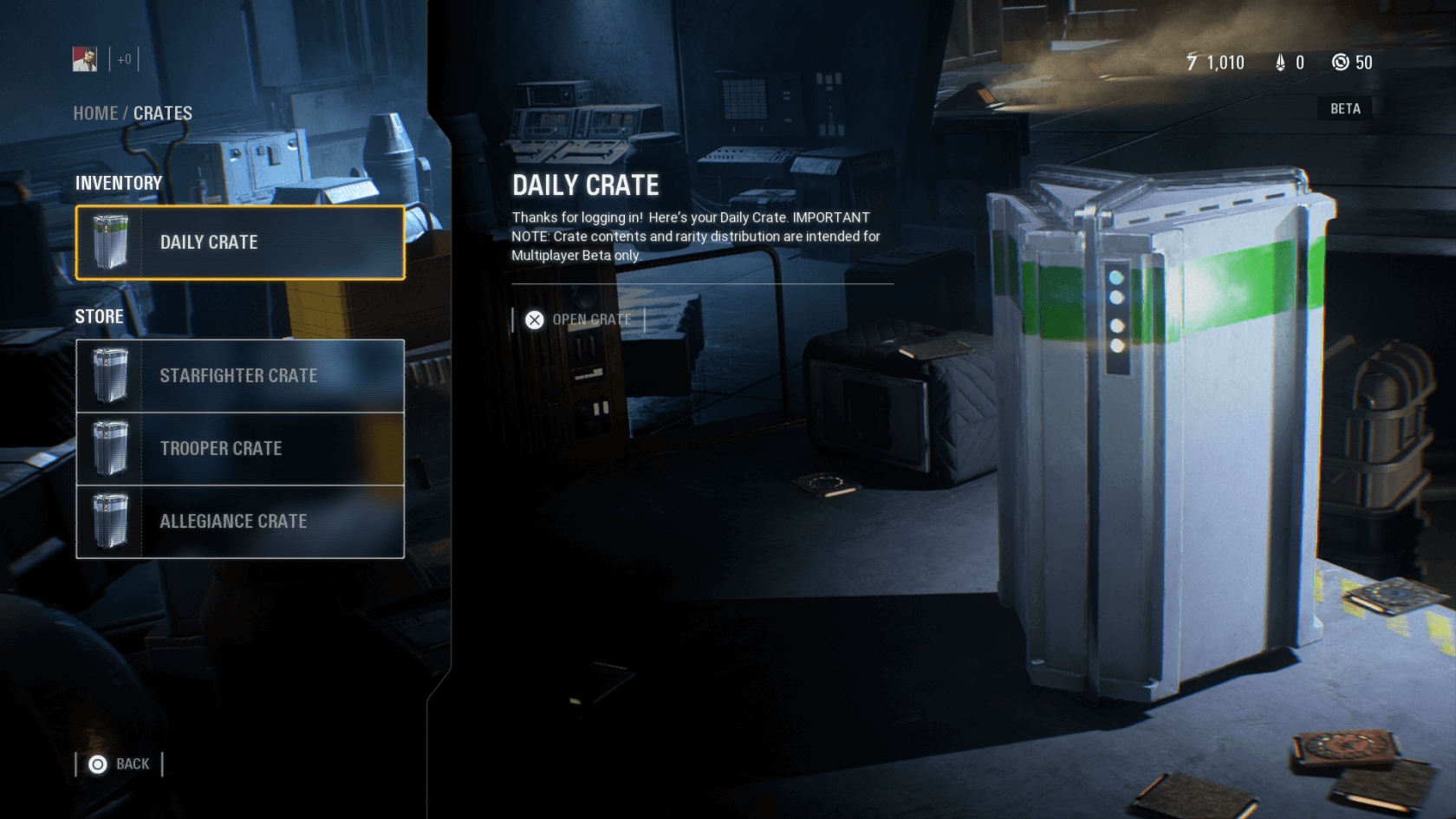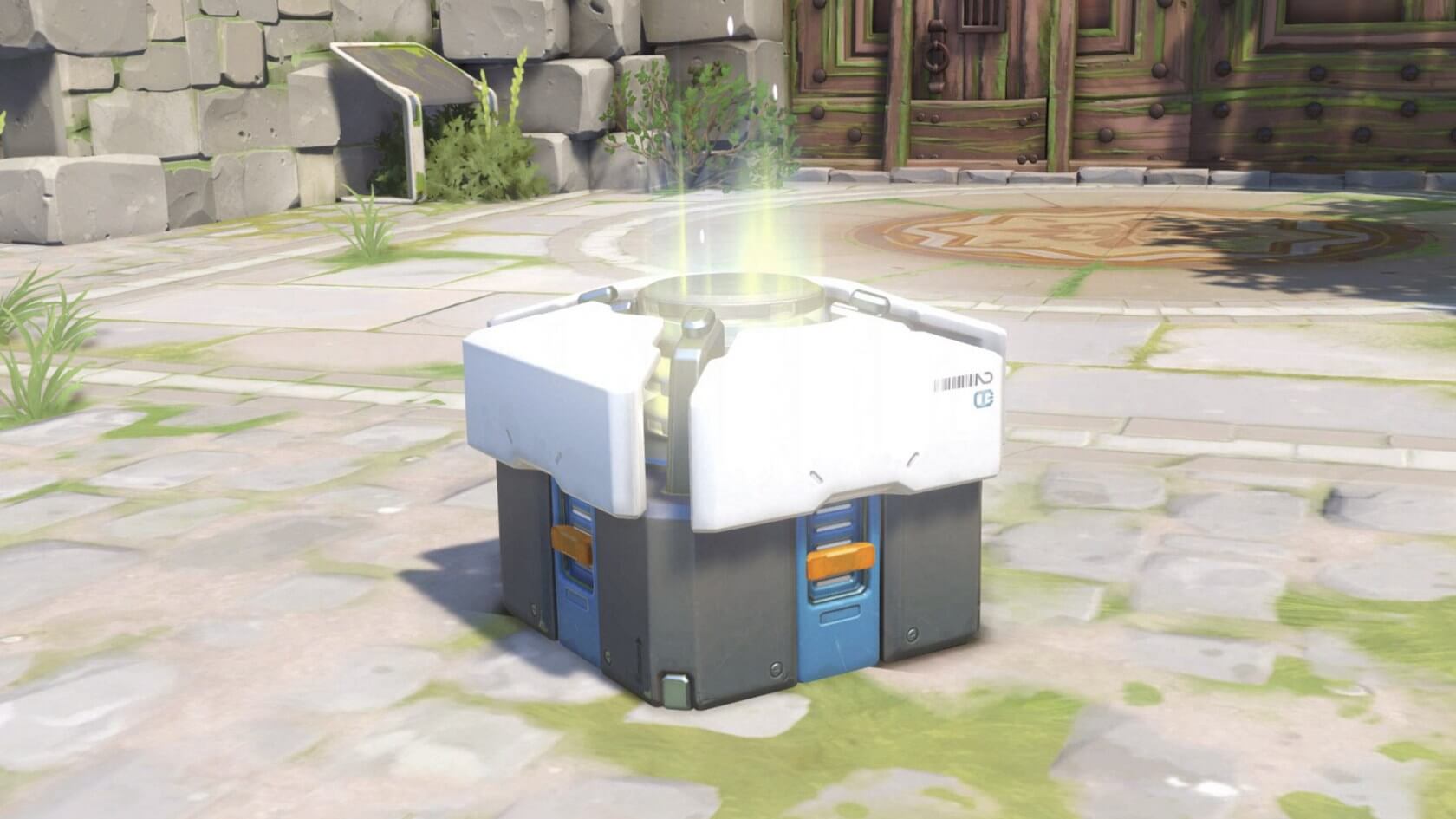In context: The great debate surrounding loot boxes and whether or not they should be considered gambling continues to rage on in the gaming community. While some countries have banned or restricted the sale of this form of microtransactions, others – such as the US – have lagged behind, failing to take a firm stance on either side of the discussion.
While that is still the case across much of the US political sphere, Missouri-based Republican Senator Josh Hawley has drafted a bill – known as the "Protecting Children from Abusive Games Act – that could ban various microtransactions if they "exploit children." The microtransactions that are under fire with Hawley's legislation include pay-to-win purchases, and, of course, loot boxes.
Though loot boxes are more clear cut, Hawley's proposed legislation breaks down pay-to-win microtransactions into two distinct forms. First, you have free-to-play games that start by giving players a smooth but "false" sense of progression upon initial download. Often within hours, the difficulty is "artificially" ramped up to push players into making compulsive purchases. In this case, players are usually only competing against themselves.
Then there are multiplayer titles (full-priced or free) where gamers are offered "paid upgrades" that provide them with noticeable competitive advantages over other players who can't or won't make the purchases themselves. The Star Wars: Battlefront 2 microtransaction debacle is an excellent example of this.

The second type of pay-to-win purchases is already widely criticized in the gaming community, but the first type will likely see significant pushback from mobile game addicts and publishers in particular, as they are almost an accepted norm in the free-to-play mobile gaming world.
Hawley's bill announcement specifically calls out Candy Crush as a "notorious example" of this form of pay-to-win microtransactions. Though the game is popular among adults, Hawley would likely argue that its colorful, cartoon visuals are designed to target kids.
Hawley's announcement notes that Candy Crush earns Activision Blizzard roughly $2 billion every year. With that much money on the line, assuming Hawley's bill is successful, it's probably safe to assume that the publisher won't take these potential restrictions lying down.
Even EA pushed back against Belgium's anti-loot box legislation until it had no choice but to give in - likely for fear that Belgium's laws would set a dangerous precedent throughout the world; one that could significantly harm EA's bottom line given how much money it makes from loot boxes in its games.
Only time will tell whether or not Hawley's push to protect children will pay off, but we'll keep you updated on the situation as it develops.
